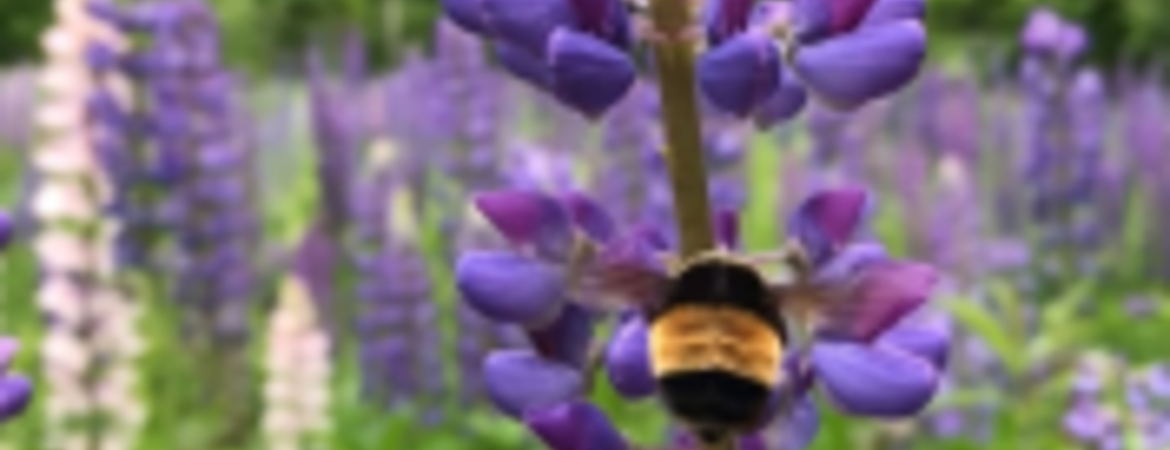
UC Riverside entomologist Hollis Woodard and bee researchers at 11 other institutions are leading the charge to gather the kind of data that will help governments and land managers justify new protective regulations for native bees.

In a new Biological Conservation paper, Woodard and her colleagues lay out the need for this alliance of researchers, environmental organizations and federal entities including the U.S. Geological Survey, the U.S. Forest Service, and the Bureau of Land Management.
These reasons include the fact that wild bees contribute significantly to the success of the world’s most nutritious and economically valuable crops, their critical role in pollinating threatened plant species, and their declining health.
Supported by a $380,000 grant from the US Department of Agriculture, anyone with the time and inclination can join this first-of-its-kind monitoring network. Training opportunities will be available to help people learn how to go outside and look for bees in a standardized way.
One of the challenges facing the new research alliance is tracking the bees in a systematic way across the wide variety of ecosystems found across the country, including deserts, rainforests, dry forests, tundras, and plains. Woodard, however, feels the alliance is primed to face the challenge by a shared drive to understand and assist the bees.
“It’s exciting that we’ll be capitalizing on a lot of momentum that’s been building to monitor native bees,” Woodard said. “It’s a new direction for my lab, for me, and for the country, thinking about working together and cooperating in this way.”
Visit the network’s website for more information on the project or to learn how to get involved.
This UCR News article was written by Jules Bernstein and can be viewed here.